Concussion in football not taken seriously enough, say experts
- Published
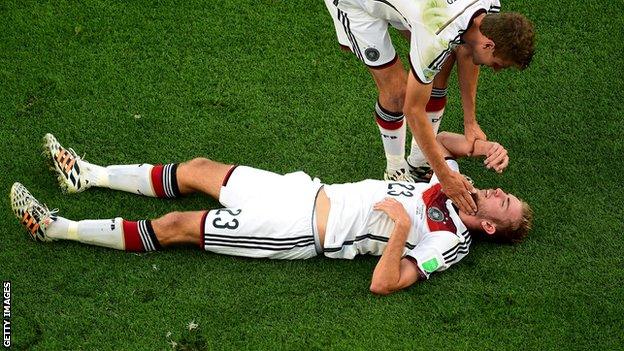
Germany's Christoph Kramer suffered concussion in the World Cup final but played on
Two leading brain injury experts have strongly criticised football for not taking head injuries seriously enough.
Dr Willie Stewart, who has advised rugby union on dealing with concussion,, external believes football authorities are still paying lip service to the matter.
Stewart said he was "depressed, disappointed and dismayed" by recent incidents involving footballers.
Dr Robert Cantu added governing body Fifa was "light years behind" rugby union with its handling of the issue.
The Rugby Football Union (RFU), Premiership Rugby and the Rugby Players' Association (RPA) last month announced major changes to the way concussion is managed in the professional game.
Stewart and Cantu were speaking at the International Rugby Board's World Rugby Conference in London, where they took part in a panel discussion about the sport's response to the problem of serious head trauma.
"I don't see much progress happening in football," said Stewart, a Glasgow-based neuropathologist.
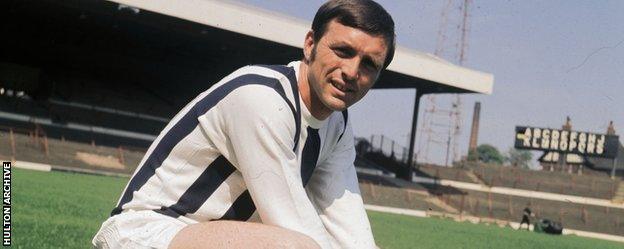
Former West Brom forward Jeff Astle died from brain trauma caused by heading heavy leather balls
"And it could learn a lot from how other sports have changed their protocols to better look after their players."
Their comments come after two serious incidents at this year's World Cup in Brazil.
Uruguay's Alvaro Pereira was knocked out in their group game against England, and Germany's Christoph Kramer sustained a head injury in the final against Argentina. Both players were allowed to continue playing despite suffering concussion.
This was followed last month by the apparent failure to implement the Football Association's strengthened concussion guidelines when Chelsea goalkeeper Thibaut Courtois was injured in a collision with Arsenal's Alexis Sanchez.
Rugby union has been praised by experts for responding to criticism of its own practices around concussion, and is now believed to be safer as a result.
New measures in football's Premier League this season |
|---|
A player suffering a head injury must leave the pitch. |
Team managers or coaching staff will no longer decide whether a player continues to play. The final decision will be with the club doctor. |
Home teams in the Premier League must now have a third "tunnel" doctor on matchdays to support doctors for both sides. |
The "tunnel" doctor will help to spot potential concussions and watch TV replays to judge the severity of incidents. |
All Premier League players will have baseline neurological assessments as part of their annual medical check-up to help doctors measure their recovery time if they suffer a concussion. |
The pitch-side assessments of head injuries have been doubled in length to give doctors more time to spot symptoms, players have been educated on the risks of ignoring those symptoms and all potential concussion victims are now assessed after the game and again 36 hours later.
American neurologist Cantu, who is the National Football League's senior advisor on head, neck and spine injuries, as well as advising a number of individual basketball, ice hockey and NFL teams, said he was "personally disappointed" at the speed at which football was getting to grips with the issue.
An authority on Chronic Traumatic Encephalopathy (CTE), the degenerative brain disease that was once referred to as "punch drunk" syndrome, Cantu believes football will be forced to act if the recent class-action lawsuit launched by a group of young American players and their parents in California gathers momentum.
According to Cantu and Stewart, further impetus for change should come from the campaign led by Jeff Astle's family for more research into CTE and footballers. The former England and West Bromwich Albion forward died of CTE in 2002, aged just 59.
- Published9 October 2014
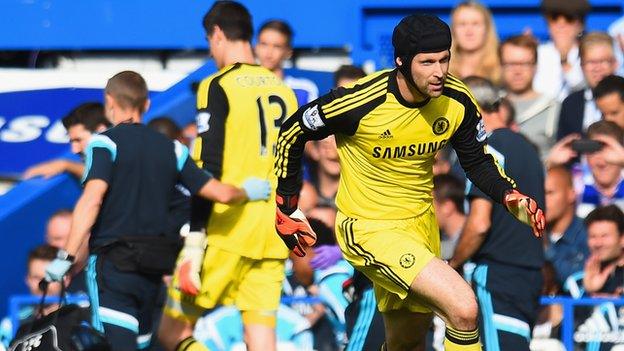
- Published18 September 2014
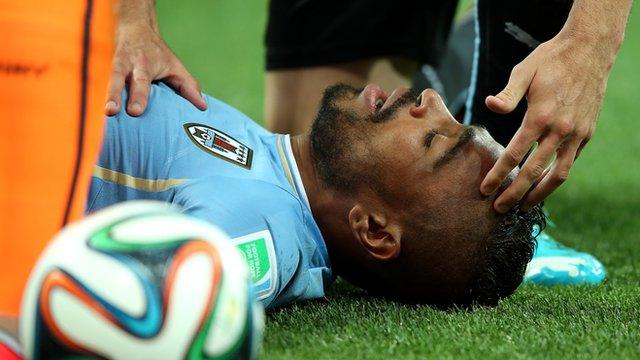
- Attribution
- Published11 September 2014
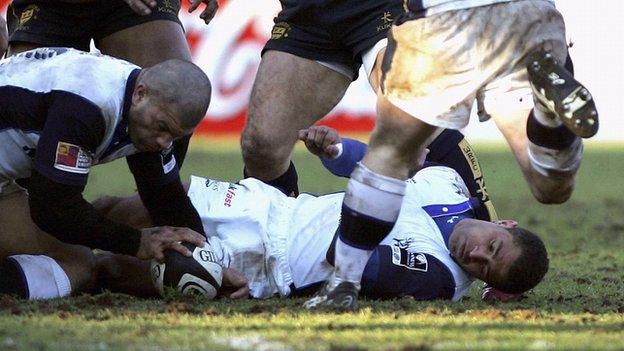
- Published5 August 2014
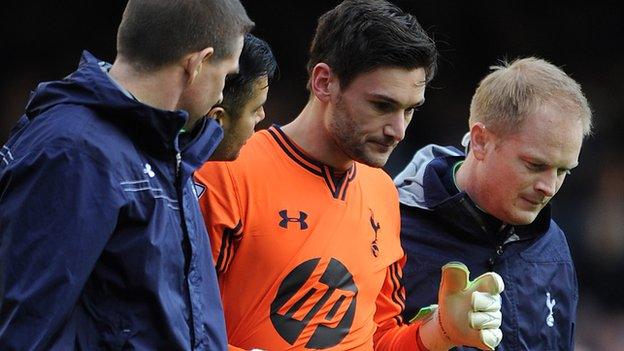
- Published20 June 2016

- Published7 June 2019

- Published2 November 2018
